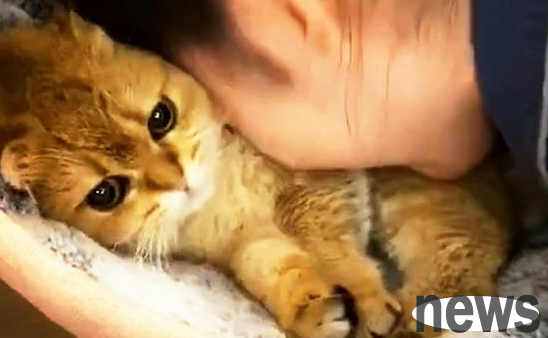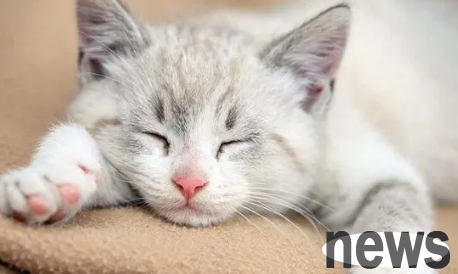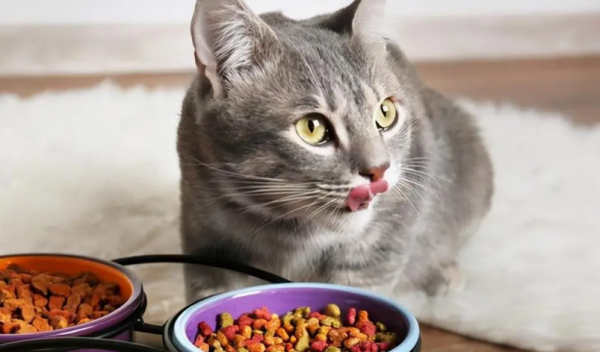Can a woman gets infected with parotitis after sucking her cat? Can she still suck her cat safely?
Buried your head into the cat's hair and took a deep breath... More and more people are falling in love with "cat sucking".

But this news made people feel nervous:
A woman had a fever of 40℃, and found that she had "parasit fever". After careful recollection, she remembered that she had gone to a pet shop to hold a cat and suck her hair...
Then can we still suck cats safely?
What is parotitis?
Parittiscia, common symptoms include fever, cold fear, headache, dry cough, muscle pain and irritability, etc. It may cause pneumonia in severe cases. It is a zoonotic disease caused by "Chlamydia pstiscia". Chlamydia can be excreted from bird feces, urine and respiratory secretions. After drying, Chlamydia can float away in the wind.
People who have parotitis are mostly caused by accidentally inhaling chlamydia from the dried feces of birds.
When birds flap their wings, they can easily spread dry feces and pathogen dust in their feathers into the air, causing air transmission; cleaning bird cages, pecking them by birds, or even briefly going to the bird zoo can also be at risk of infection.
However, this infectious disease is not common. Epidemiological surveys abroad show that less than 1% of the community's pathogens of acquired pneumonia are "Chlamydia psittisca".
Can cat sucking contagious of parotitis?
Simply put, this is possible, but it is unlikely.
As the name suggests, parotidae - birds are the main source of infection of parotidae. In addition to parrots, chickens, ducks, geese, turkeys, and even ostrichs and penguins, they may carry "Chlamydia parotidae".
However, "Chlamydia parittisca parittisca" may indeed infect mammals such as cats, dogs, sheep, horses, and cattle.
But don't worry too much. Most cases of infection with parotoid infection are related to contact with parrots and other parrots, and contact with mammals is rare.
Cat sucking is generally not responsible for parrot fever.
Because, domestic cats do not carry "Chlamydia parittiscia" without contacting sick birds.
However, if the cat and the sick bird are raised together, and the environment is crowded and sanitary and disinfected properly, the cat's hair may contain dust from bird feces. In this case, although it is a low-probability event, it is also possible that cats are sucked and have parottis fever.
How to prevent parotitis
For ordinary people, especially those who raise birds, if you want to prevent parotitis, you should do:
Avoid in close contact with wild birds;
Buy quarantined birds from regular institutions and do not buy pets of unknown origin;
If there are multiple bird cages, they should be placed at intervals to avoid the spread of food, feathers or excrement;
Bird cages and objects stained with excrement or secretions should be cleaned and disinfected regularly;
Wear masks and gloves when cleaning or handling feces;
Wave mist or dust during the cleaning process, moisten the surface with disinfectant and clean it;
Wash hands thoroughly after contacting birds or their feces;
Birds will be sent to the veterinarian for diagnosis and treatment as soon as possible to avoid intimate contact.
As for cat owners, from the perspective of preventing diseases and maintaining health, it is generally not recommended to have excessive intimate contact with pets.
However, keep your pet clean and immunized, at least you don’t have to worry about parotitis~




